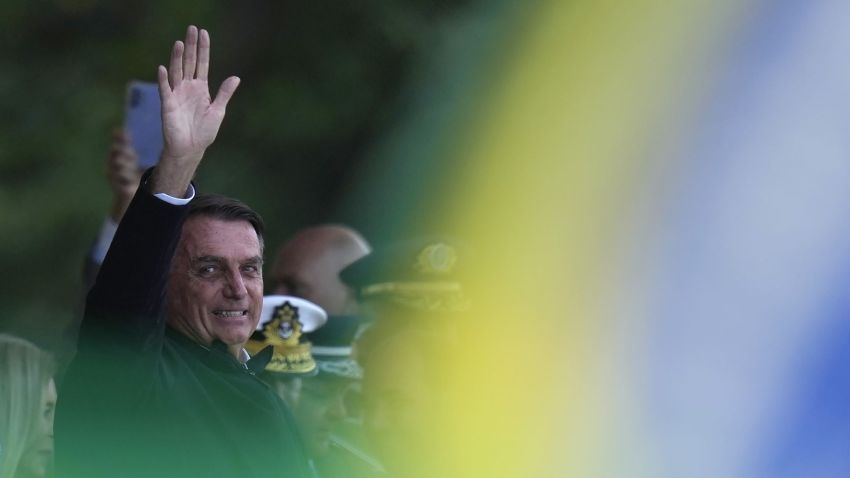This Sunday, Brazilians will vote to elect their next president. For months, opinion polls have stubbornly indicated that former President Inacio “Lula” da Silva will defeat incumbent President Jair Bolsonaro. But for months, Bolsonaro has just as stubbornly indicated that he won’t respect the outcome of the voting in the event he loses. He has called into question the voting machines and made thinly veiled threats he would lead a military coup should Lula win.
When he won election in 2018, Bolsonaro, a former army officer, already raised concerns in Brazil and elsewhere due to his coarse brand of politics and his unabashed admiration for Brazil’s Cold War-era military dictatorship. Since then, alarm over his anti-democratic inclinations has only grown, and Bolsonaro has become a poster child, alongside such figures as former U.S. President Donald Trump and Hungarian Prime Minister Viktor Orban, for the erosion of democracy in countries where it had been considered consolidated. That erosion has led U.S. President Joe Biden to declare the contest between democracy and autocracy as the defining battle of our times.
But if the past few years have seen a crisis of democracy, they’ve also seen a crisis of autocracy. That, too, has been on display this week, in both Iran and Russia. Popular protests have sprung up across both countries, in Iran to voice popular anger over the death of Mahsa Amini while in the custody of the morality police for allegedly not wearing her mandatory headscarf appropriately, and in Russia over President Vladimir Putin’s announcement of a partial mobilization of the country’s military reserves in a desperate effort to shore up his failing invasion of Ukraine.

